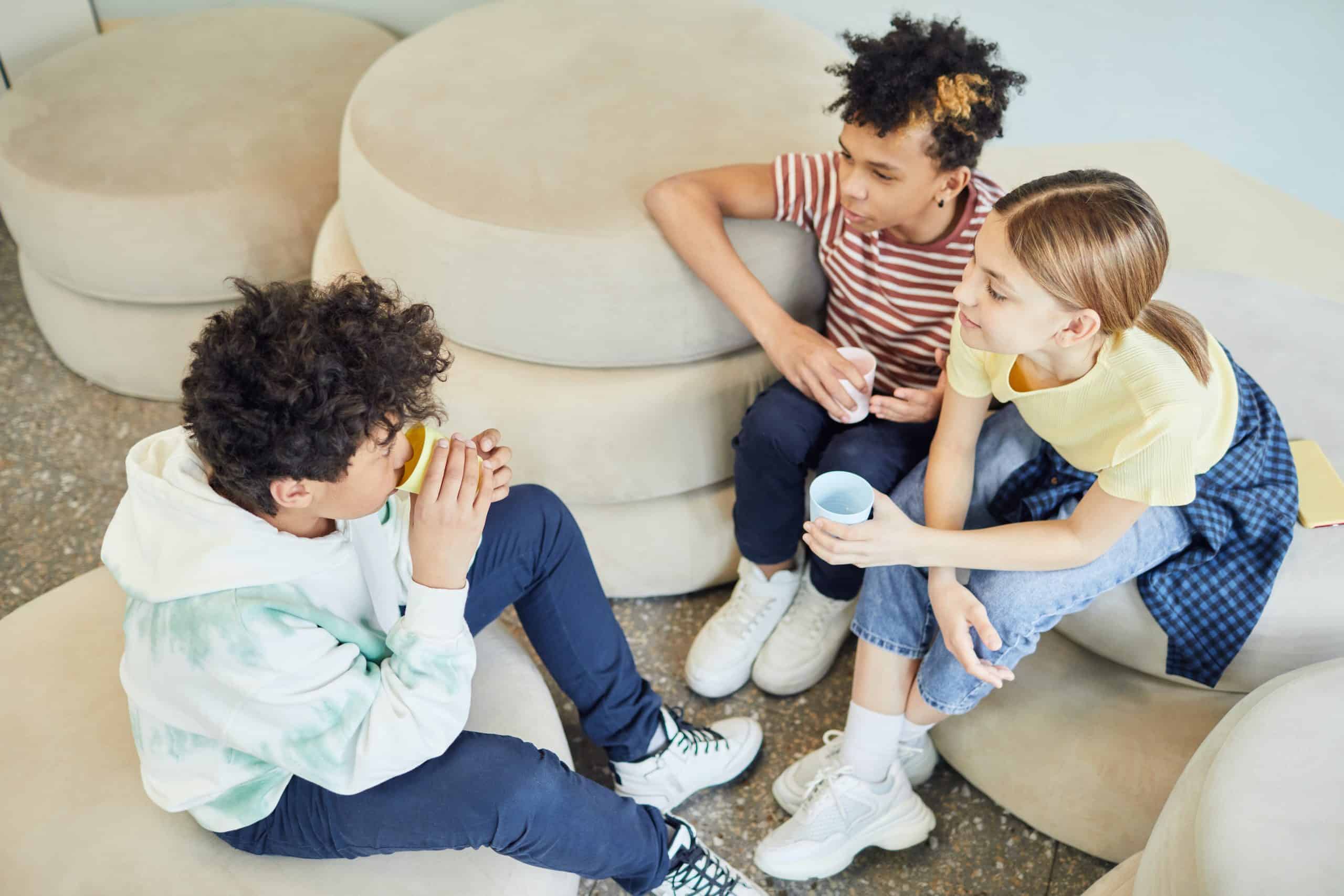
Sponsored article
Difficult emotions, stress, or aggression are something that is experienced not only by adults, but also by children – both younger ones and those in their teens. Underestimating these symptoms can lead to great psychological difficulties and the development of many disorders. Find out in which cases it is worthwhile to go with the child to a psychologist.
Therapy, or even an ad hoc consultation with an experienced psychologist or psychotherapist can be beneficial in its consequences. Especially at a young age, when the psyche is still being formed, and difficult emotions and a lot of stress can have a very negative effect on this development. Find out when you should visit a psychologist’s office with your child.
Young children of preschool age may also need the help of a psychologist, which parents should not forget. An experienced and recommended psychologist can help tremendously in dealing with such problems as sleep disorders, frequent bed-wetting, anorexia, and even various types of rashes and allergies. A visit to a psychologist’s office may also prove helpful in the case of sudden changes, such as a change of kindergarten, the arrival of siblings, moving to another town, etc. Moreover, aggression of the child towards peers or parents, difficulties in building relationships with peers, excessive desire for seclusion, and strong fears associated with, for example, isolation from parents may also be signs of seeking psychological help.
The need for contact with a psychologist is somewhat more difficult to observe in slightly older children and adolescents. This is due to the fact that they are more isolated from their parents, for example, because they spend more time away from home. In addition, older children and adolescents in their teens begin to separate from their parents, which at some point in their lives is perfectly natural, but in some cases can cause difficulties in communicating their problems. So as a parent, it’s worth taking the initiative to talk about difficult issues and emotions and create a safe space for your child to communicate openly. During such a conversation, it will be easier for you to notice the problems and difficulties your child is facing. If you notice these, talk to your child about seeing a psychologist. It is also a good idea to go to the psychologist when your child has symptoms such as frequent headaches, dizziness, nausea, sleep disturbances and the like, but the examination and medical consultation do not indicate a specific disease. A psychological consultation may also prove helpful if a child has experienced traumatic experiences such as the death of a loved one or the divorce of their parents, experiences strong anxiety that prevents them from functioning, or has problems building relationships with peers.
Teenage age is also a time when not only the psyche but also the body of your child is changing. Thus, this may also be the period when eating problems appear. Remember that an eating disorder is an extremely dangerous disease, the effects of which can be felt for years. So if you notice that your child shows an aversion to food, avoids eating, or on the other hand, eats much more than usual, and closes himself in his room or the bathroom after meals – do not underestimate it. Talk to your child and suggest an appointment with a psychologist. Remember that eating disorders are worth treating even before the weight drops to dangerous levels.
Main photo: Vanessa Loring/pexels.com